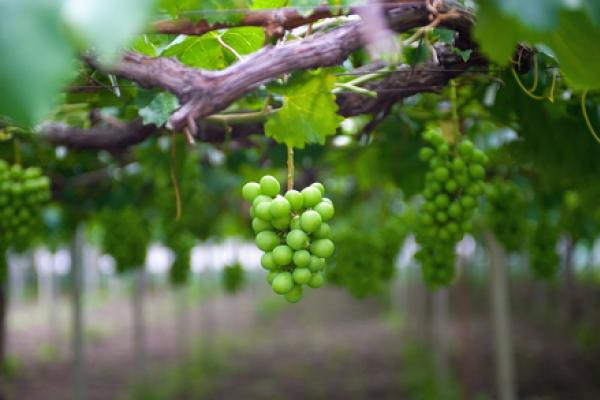Dare to go there with me, if you will. What if we imagine God’s vineyard as described in Matthew 21 to be this beautiful world we inhabit? What will happen if we reject it—if we continue to treat it with disrespect, fail to listen to its natural woes, dismiss the warning signs it gives us? What if God is keeping score? Oh. Dear. Might I remind us all, that if we do not tend to this earth, we are only inevitably hurting ourselves and the lives of future generations?
This is why, like never before, over one thousand groups and individuals, including various faith groups, businesses, peace activists, social justice groups, schools, and environmentalists from all over the country united for the largest climate march in history on Sunday, September 21, gaining international attention. The People’s Climate March, held in New York City, was the perfect moment to take a stand, create a buzz, and create the much-needed public influence and pressure as NYC prepared to welcome decision-makers from across the globe to discuss this very topic.
Read the Full Article

